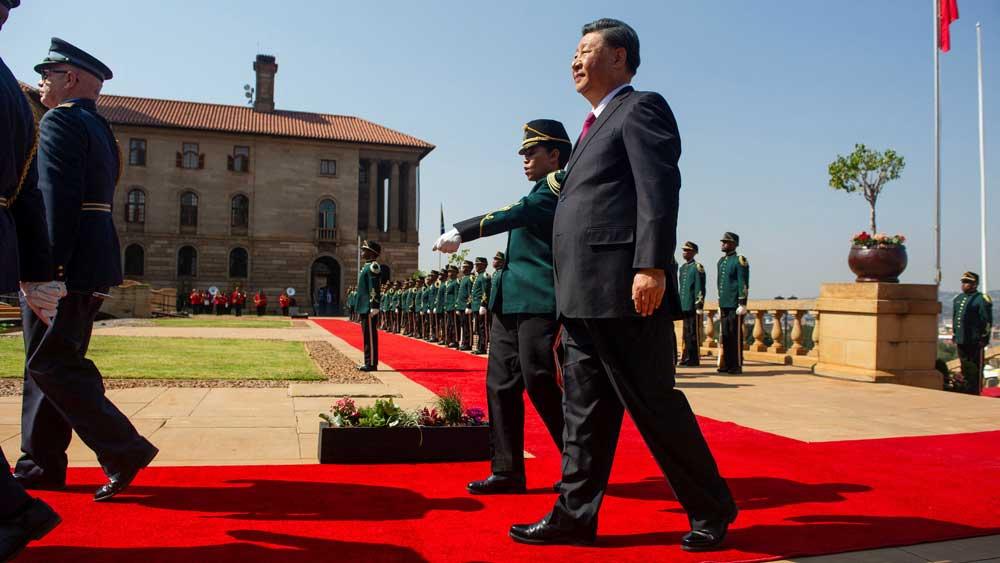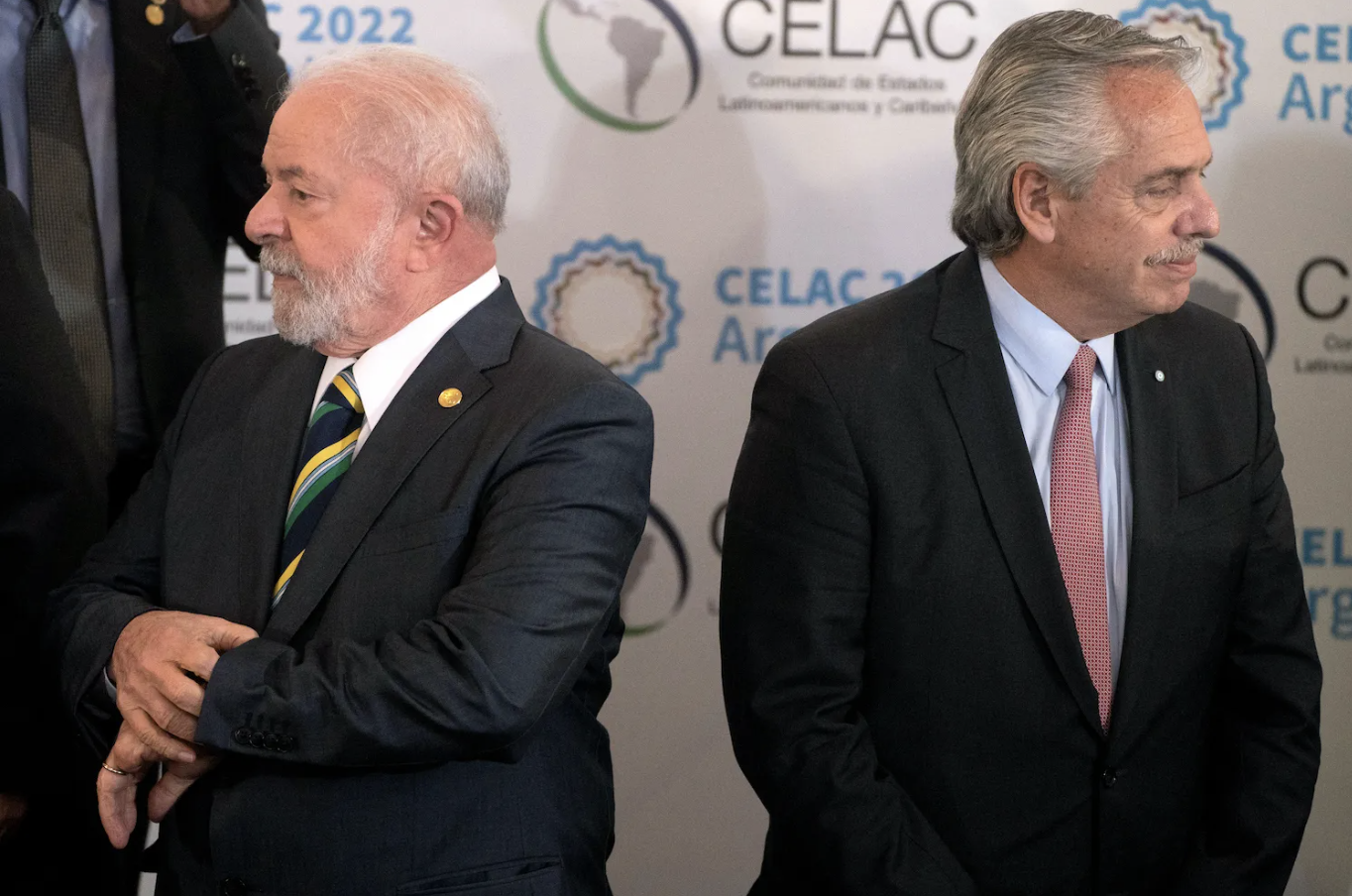This week the New York Times published the results of a poll in which it asked hundreds of chief executives and chairmen to select the top universities from which they recruited. Ranked 98th in the world, the Fundação Getulio Vargas (FGV) appears as the leading university in Latin America. It ranks 3rd in the BRICs (behind Fudan University and Tsinghua University, both in China), and 6th in the Southern Hemisphere (behind five Australian universities). The fact that a Brazilian institution is able to compete internationally reflects the country’s growing influence.
Yet, if anything, the ranking shows that regarding higher education, we still live in a quite unipolar world, and emerging powers are not well represented: Of the top 100 universities, 66% are in the Anglo-Saxon World (US, Canada, Britain or Australia). Of the top then, only three are outside of the US. Only 8 universities in the top 100 are outside of the US, Europe and Australia. (University of Tokyo, Fudan University, Waseda University, Tsinghua University, Kyoto University, Hong Kong University of Science and Technology, Tokyo Instistitute of Technology and the Fundação Getulio Vargas). In the top 100, 41 universities are located in the United States, 11 in Great Britain, 10 in France, 5 in Australia, 4 in Japan, and three or less in Canada, Germany, the Netherlands, Italy, China, Switzerland, Denmark, Singapore, Sweden and Brazil.
Important emerging powers such as India, Turkey, Indonesia, Mexico or South Africa do not appear in the list at all. Strikingly, no Russian university is present, either. This raises interesting questions about how tomorrow’s elites think about the world, and whether they are able to adopt a global perspective. It is probably wrong to suggest that Harvard and Co. have a hidden agenda that indoctrinates future elites to become subtly pro-American; far from it. Yet there is some likelihood that after graduating from Oxbridge or in any leading American university, international students show more comprehension and appreciation for the a European or American perspective and possibly the values espoused there – simply by gaining greater familiarity with concepts, ideas and perspectives popular in Europe and the United States. A similar ranking a decade or two ago would have showed an ever stronger US-European dominance, which shows that we are in the process of a much-needed multipolarizaton of global thinking. Yet in order to truly create a level playing field, emerging powers still have a long way to go.
Read also:
On the US-American hegemony over ideas that change the world









